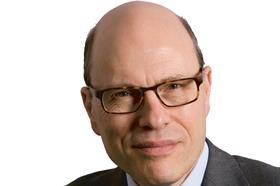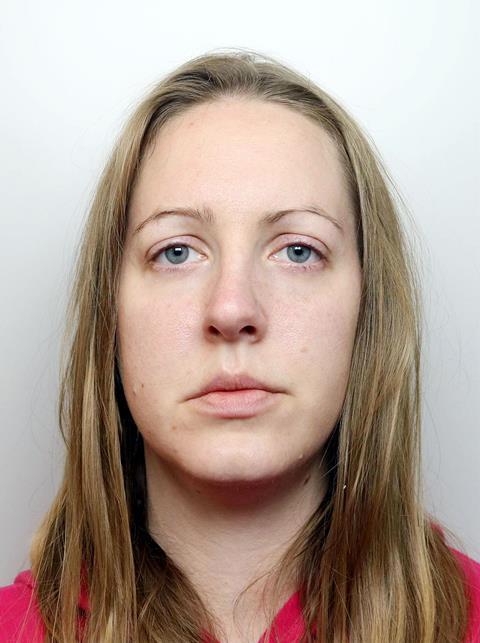As one of the most momentous news conferences I have ever attended got under way on Tuesday, I was listening instead to a hearing more than 200 miles away at Liverpool Crown Court. Mr Justice Goose was correcting a technical error in sentences he had passed last month on Axel Rudakubana. Because the Southport killer had been under 18 when he murdered three children, the judge should have ordered him ‘to be detained during His Majesty’s pleasure’.

Why then had Goose sentenced him to ‘custody for life’? The judge had relied on a sentencing note provided by prosecuting counsel, who apologised for the mistake. It was a timely reminder of how much courts depend on what they are told: garbage in, garbage out.
I switched off my computer to hear Dr Shoo Lee, professor emeritus at the University of Toronto and president of the Canadian Neonatal Foundation, giving a detailed explanation for the death of a baby that Lucy Letby had been convicted of murdering. A review of the medical records had produced no evidence of an air embolism, said by the prosecution to have been the cause of death.
Lee was saying that members of an international expert panel had reached similar conclusions about other children the former nurse was found to have killed or tried to kill. Having missed the start of the news conference, I asked the reporter sitting next to me how many of the 17 charges against Letby still stood up to scrutiny.
‘None of them,’ he replied. According to 14 of the experienced and distinguished neonatologists and paediatric specialists, there was no medical evidence to support malfeasance causing death or injury in any of the 17 cases. They were all the result of natural causes or poor medical care.
Read more
How, then, could Letby have been convicted of murdering seven babies and attempting to murder seven others at the Countess of Chester Hospital between 2015 and 2016?
Two juries were clearly persuaded by Dr Dewi Evans, a retired consultant paediatrician who gave evidence for the prosecution. His evidence was not discredited by defence experts – because none of them gave evidence.
A report Evans had submitted in an unrelated case had been heavily criticised by Lord Justice Peter Jackson. But, said the Court of Appeal last July, the prosecution were entitled to call Evans as an expert and it was for the jury to assess his evidence.
We will never know why Letby’s defence team called no expert witnesses unless she waives professional privilege. I cannot see why she would be advised to do so.
Shortly before the news conference started, the Criminal Cases Review Commission (CCRC) said it had begun assessing a preliminary application it had just received from Letby’s new barrister. Mark McDonald told reporters that the expert panel’s full report would be submitted to the CCRC at the end of this month and he hoped for a decision by the summer. A bail application could not be made before the CCRC had referred the case to the Court of Appeal.

Sir David Davis, the MP who has championed Letby’s cause, asked why the government of which he had been a member had decided in 2013 not to change the law on expert evidence. Two years earlier, the Law Commission had recommended that an expert’s opinion should not be admitted unless a court judged it to be sufficiently reliable. The government’s law reform advisers cited a lecture given in 2010 by Sir Brian Leveson, who is currently reviewing the criminal courts for the government. Leveson thought it ‘perfectly clear that expert evidence of doubtful reliability may be admitted too freely with insufficient explanation of the basis for reaching specific conclusions, be challenged too weakly by the opposing advocate and be accepted too readily by the judge or jury at the end of the trial’.
Meanwhile, the Law Commission has been reviewing the law on criminal appeals. Provisional proposals will be published this month. Based on what happened in the Letby case, Davis thought the current statutory requirement of ‘a reasonable explanation for the failure to adduce the evidence in the Crown court’ made it too difficult for the Court of Appeal to correct errors. ‘It may be judicially convenient,’ the MP said, ‘but it’s not justice.’
I had originally been sceptical about Letby’s denials. Who else could have harmed so many babies? But the new experts say that nobody tried to kill them. The hospital where they were being cared for was simply not up to the challenge.
Lord Denning famously said that the possibility of the police being responsible for a miscarriage of justice was an ‘appalling vista’. It would be equally appalling to think that Letby was wrongly convicted because of unreliable expert evidence. The CCRC must find out what really happened.
This article is now closed for comment.































12 Readers' comments